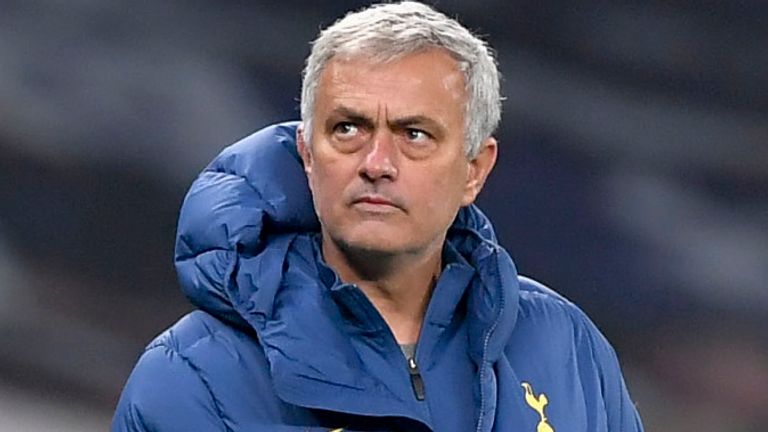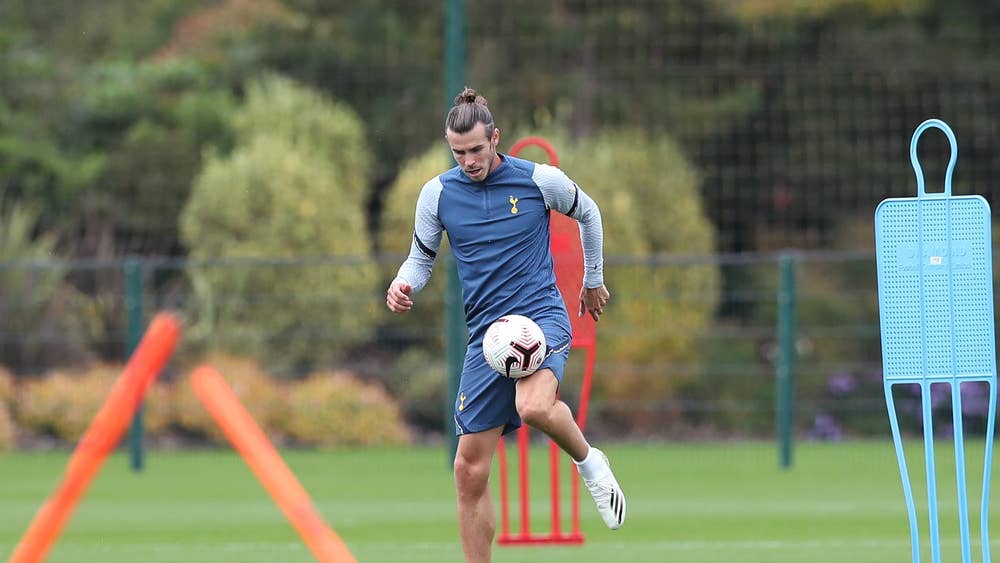Spurs vs United Coaching Differences
It is not uncommon to hear about a soccer team’s failure to win a match as a result of bad coaching. The reason is not far fetched from the fact that the strategy employed by a coach may make or mar the performance of the team. Coaching is not an easy task as it is made up of different aspects that involve improving individual and team performance as well as developing game strategies that can translate into a win.
Though every coach has their unique strategy and coaching style, one aspect that binds them together is player development. This aspect helps coaches to get the most out of their players while also helping them to gain a competitive edge. This article seeks to review the coaching strategies employed by Tottenham Spurs’ Jose Mourinho and Manchester United’s Ole Gunnar Solskjaer.
Tottenham Spurs’ Jose Mourinho

He has been adjudged as one of the greatest coaches in the history of soccer. His legendary “I am a special one” statement when he was unveiled at Chelsea, positioned him as a force to reckon with, in team management. Oftentimes, he will work more than 16 hours to coach, manage player, scout, and prepare tactical work books on the next opponent of his team. According to him, he enjoys every bit of it. His coaching experience is part of what some bettors take into consideration when placing bet on the team. When you’ve done your due-diligence you can place your bet, sometimes even for free or even with a cash-back promotion. There are some betting offers like these listed on the popular Sports Betting Community, OLBG.com.
The fact that he demonstrates to his team that he is hardworking makes it easy for his team members to do the same if he asks them to do the same. This alone earned him great respect from his team members. As a motivator, he once propelled Frank Lampard towards becoming the world’s best player after he told him of the need to win championships. He does not hesitate to participate with his team. He kicks the ball with them, thus creating a “them” and “us” atmosphere.
Also, Mourinho has great unifying abilities. He shows this by communicating his vision for his team while also setting the members’ behavioral or conduct expectations. Usually, these expectations include the level of performance he expects from his team. While communicating this, he also assigns specific roles to each of the members. This puts the team members on their toes in aligning with his vision. He will always attribute all successes and failures to the team rather than the leader alone. According to him, “Players don’t win you trophies, teams win trophies; squads win trophies.”
In 2004, he used an unconventional formation – 4-2-3-1, to be precise – to help Porto clinch the Champions League cup after winning Manchester United. With the formation, the team was able to outwit Sir Alex Ferguson’s team with tactical intelligence and great speed.
He is well known for integrating psychology in his coaching style. This is to help the team to make fewer mistakes than their opponents. The fact that he coaches his players so well, they are always prepared to unleash tactical actions on their less-prepared and unsuspecting opponent.
According to Soccerbase, Mourinho’s clever approach in organizing, leading, and controlling every aspect of the football game marks him out as one of the best soccer coaches in the world and any sport.
Manchester United’s Ole Gunnar Solskjaer
Prior to going into management, Solskjaer enjoyed a successful playing career as he achieved various outstanding feats. Having worked under Sir Alex Ferguson to coach the first-team strikers as well as the reserve team, he attributed his decision to venture into coaching to the lessons he received under the latter. Thus, he takes a cue from his (Ferguson’s) coaching philosophy.
He encourages his team to progress with “pace and power.” He tells his team members to get the ball up in their opponent’s half as quickly as possible to score. Despite some fans’ reservations about his ability to engrain elite coaching and tactical excellence, he was able to set a great record by being the first manager to win PSG at the Parc des Princes on the group stage. It is this winning mentality that he instills in his squad.

His training sessions are often said to be innovative, following a clear vision. He is resolved to building a team that always dominates in games and possession control. After Marco Silva’s team 4-0 loss at Everton, his credibility was doubted, prompting him to boast thus: “I am going to be successful here and there are players who won’t be part of that.” Truly, he has kept his word.
In January 2020, the additions of Odion Ighalo and Bruno Fernandes helped fortify the team in possession control. His first step in the United was to instill trust and serve as a source of motivation. If there is one thing that he is often criticized for, then it is his regular change of a game course. In the end, the tactical masterclass he pulls off against his opponent usually increases the team’s chances of winning.
As a motivator, he always encourages his team to evolve and become better. During matches, he may ask players to switch positions to further understand each other’s roles. Despite the wide criticisms he receives, he doesn’t appear intimidated by the excessively high demands of the club. Neither does he appear weak before his team. He is more resilient in demonstrating that he possesses the requisite quality of a successful manager.
A unique feature that sets him apart from other coaches is his appreciation of the value of fans. Even as a player, his testimonial match was witnessed by about 69,000 fans, the then second-highest attendance in the history of Britain.
Conclusion
Even successful coaches have their bad times. Solskjaer always boasts of suppressing every opponent by going the “Ferguson’s United’ way. This gives relief to the crowd. This, however, doesn’t mean that they may not end up being disappointed. Sometimes, it would appear the team lacks the mythical force that reigned during the Ferguson era. Similarly, Mourinho also has a history of bad days as a manager.
In all, almost everyone that ended up as a coach or administrator was attracted to soccer firstly, as a fan.
All views and opinions expressed in this article are the views and opinions of the writer and do not necessarily represent the views of The Fighting Cock. We offer a platform for fans to commit their views to text and voice their thoughts. Football is a passionate game and as long as the views stay within the parameters of what is acceptable, we encourage people to write, get involved and share their thoughts on the mighty Tottenham Hotspur.
Would you like to write for The Fighting Cock?